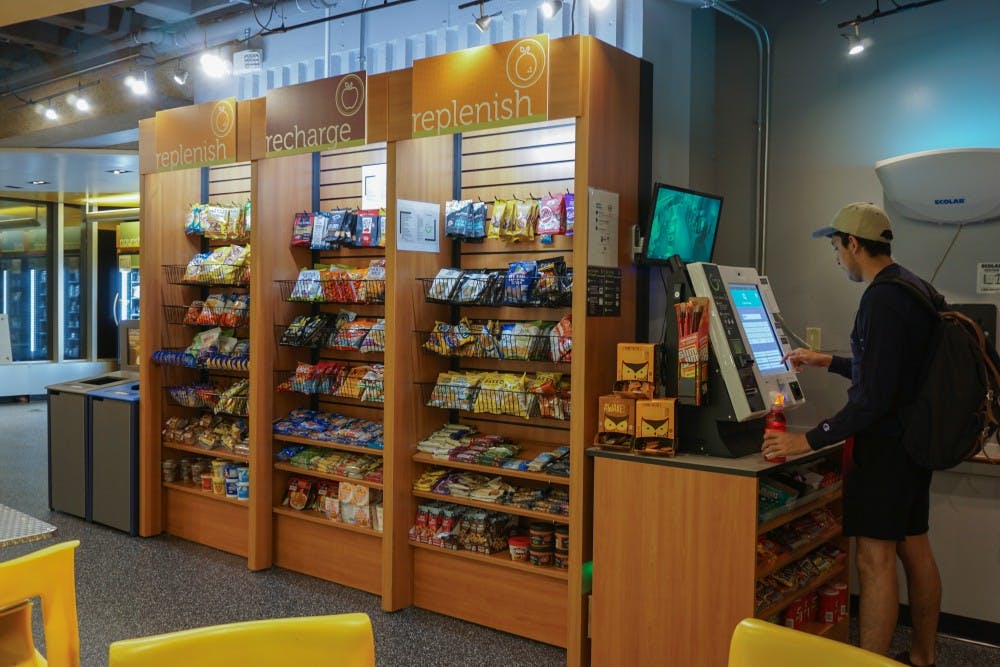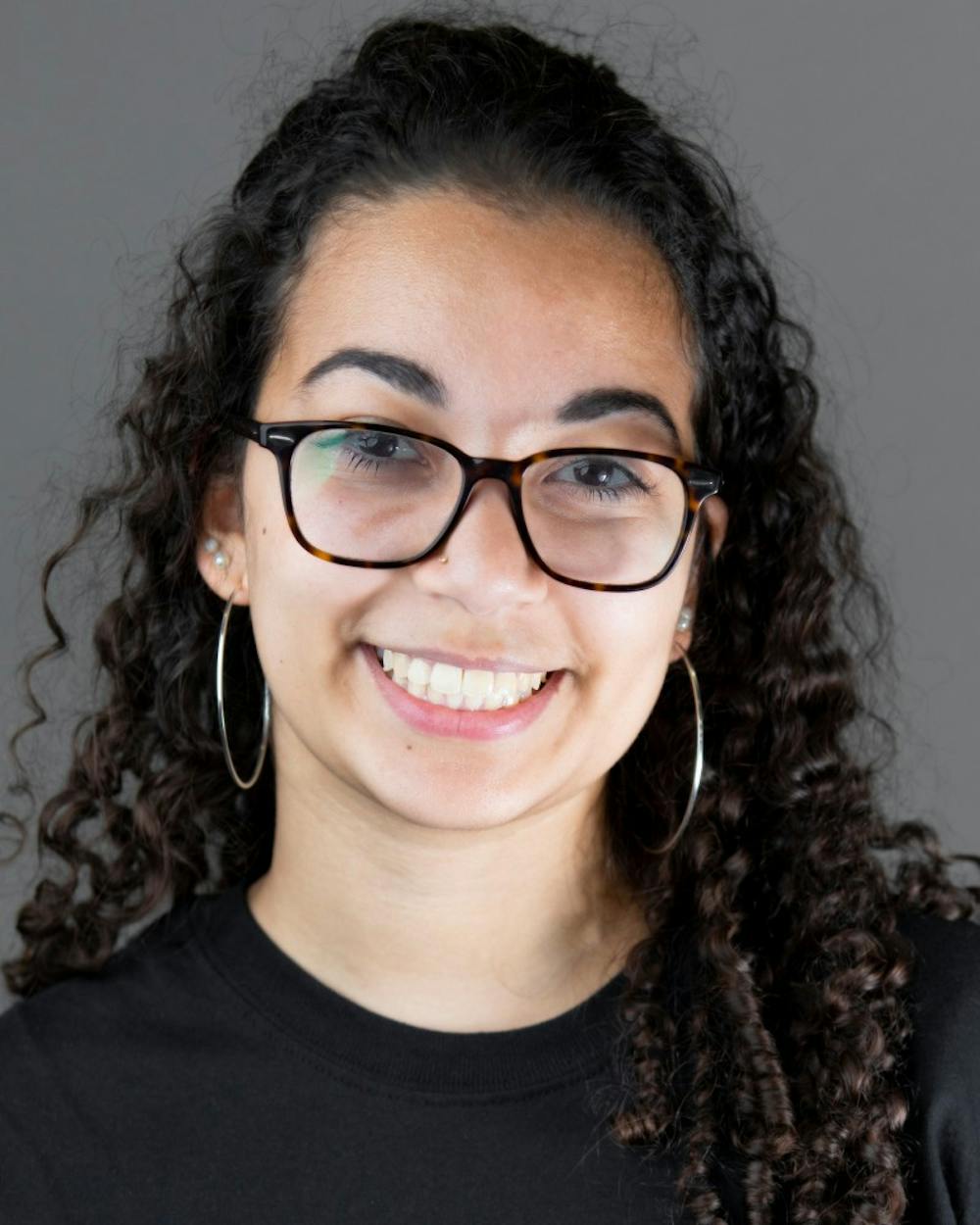
When Penn announced last semester that campus-favorite restaurant Tortas Frontera would close in mid-May, few expected its replacement to look like the frozen section of a local grocery store. Even fewer expected Mark’s Cafe immediately to follow suit, especially considering most students weren’t made aware of this decision until The Daily Pennsylvanian reported on it a few weeks ago — just days before the renovation. And yet, over the past week, both establishments were replaced by “micro markets” which offer an assortment of snacks and pre-packaged foods. In an apparent attempt to respond to the high demand for longer dining hours, Penn has taken the easy and ethically flawed way out: eliminating human interaction by replacing staff with self-checkout kiosks.
Although no staff were fired as a result of the renovation — rather they were diverted to other dining halls — the fact that the University appears to have done little to publicize any of these details makes apparent just how little Penn cares about its workers. This comes as no surprise, as the relationship between Penn and its dining hall workers has long been tenuous, which was recently evidenced by Penn refusing to let workers prepare ethnic meals in honor of Black History Month. Although this nonchalant way with which Penn approached the influx of self-serve kiosks is merely a microcosm for our increasingly automated society, one would have hoped for more from such an esteemed university.
A large concern with self-serve kiosks — which are becoming rather prevalent — is that their perceived success in cutting costs will incentivize Penn to replace all staff. Ironically, whether or not the micro markets will even meet Penn’s apparent goal of saving money is not guaranteed — as many corporations have actually lost money — after taking into account theft and the hours it takes to repair the kiosks when they inevitably malfunction.
Even more problematic is the fact that there will be an enormous loss of human contact, which is crucial to our social well-being. This is especially troublesome at a university where so much time is already spent in solitary activity, such as reading, researching, perusing social media, listening to music, and watching TV.
Penn’s removal of staff from its retail eateries also decreases opportunities to break away from the University’s privileged college bubble and face the real world — something that provides us the dose of humility we desperately need. The benefits of the interaction with service employees are not one-sided. Multiple cashiers have advocated against the rise of what is often referred to as the “self-service plague,” declaring that small talk effectively makes a dull chore a better experience. Overwhelmed college students find that small talk can alleviate stress by providing a friendly distraction.
Fostering a positive student-staff relationship is especially important for Penn’s students of color, who, due to our country’s history of slavery and oppression, find themselves better reflected in Penn’s staff than in the student and faculty bodies. Navigating a predominantly white institution like Penn as a black student can be extremely draining. Academic stress, the stress of seeing few students who look like you, and feeling the pressure of representing the entire black race, has been found to severely hurt black students’ self-efficacy and subsequent academic performance, as well as adversely affect mental health.
Penn’s decision to prioritize the reduction of labor costs over fostering positive student-staff relations not only contradicts its commitment to being a good neighbor by mistreating its workers from surrounding communities, but affirms societal concerns that higher education is a business in which academic institutions care more about their own financial well-being than about educating students or serving their respective communities.

HADRIANA LOWENKRON is a College sophomore studying Urban Studies. Her email address is lowenkron@thedp.com.
The Daily Pennsylvanian is an independent, student-run newspaper. Please consider making a donation to support the coverage that shapes the University. Your generosity ensures a future of strong journalism at Penn.
Donate







